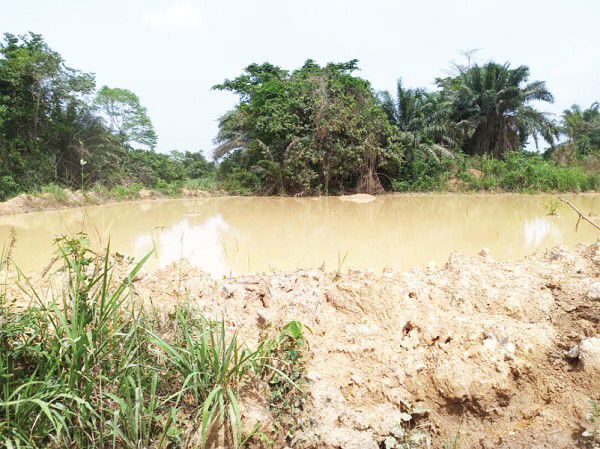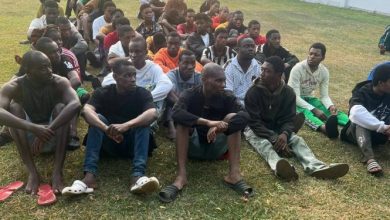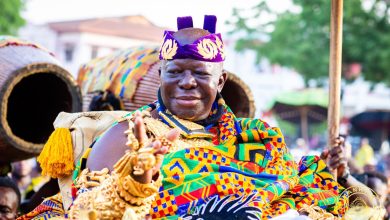Illegal mining activities cause rise in malaria in Bosome Freho

Illegal gold mining in the Bosome Freho District in the Ashanti Region is worsening the spread of malaria and other related diseases in the area.
A publication by The Fourth Estate said several open pits with stagnant water in the area are serving as breeding grounds for mosquitoes, thus, posing a threat to lives in the area.
Health data made available indicated that from 2017 to the second half of 2022 malaria was the most prevalent disease in the district.
Schools situation
The Senior House Mistress of the Bosome Senior High Technical School, Patience Boatemaa Simms, blamed the situation on the impact of the galamsey activities on water bodies in the area.
According to her, even the filters procured from the Bosome Freho District Assembly to purify the water are not enough, adding that typhoid was one of the most common diseases among students.
In the Datano Basic school, a teacher stated that only 30 pupils registered for the 2022 BECE.
Datano is the most populous town in the Amansie South District in the Ashanti region. It was, however, discovered that most of the students abandoned school to work at galamsey sites.
Some students said the behaviour of some teachers encouraged them to go into illegal mining in order to make money. They said part of the money they made from galamsey activities was used to settle their teachers whenever they fell foul of the law.
“In other schools, you are caned or asked to do some other punishment when you are late, but here in Datano, we are asked to pay money based on the class we are in. Form two students pay GH₵2.00 and form three students pay GH₵3.00 each.
“You can be in the classroom and a teacher will call you to go and buy him food or water without giving you money. And they do not like sachet water; they drink bottled water. So, imagine being called twice to do this. They are really benefiting from us because we work at the sites to make our money,” a student said.
Typhoid
The Bosome-Freho District Health Director, Francisca Esinam Ahiavih, said 116 cases of typhoid were recorded in the first quarter of 2022. The district also recorded 21,006 intestinal worm illnesses between 2016 and the first quarter of 2022.
Farming activities
In Manso Nkwanta, the capital of Amansie West District, illegal mining activities have destroyed their roads, making farming difficult and unattractive.
“Farming in Manso Nkwanta here is very difficult. This river here called Subin is what we depend on for farming. But we can no longer use it for irrigation or for drinking due to pollution. I have to carry a gallon of water for about 3 km to the farm for drinking and spraying crops,” a resident in the area, Adwoa Ntiriwaa said.
She added that farmers in the community are compelled to carry their harvests from their farms to their homes because the roads could not be accessed by motorbikes and tricycles, a situation, she said, has increased postharvest losses.
In the Ahafo Ano South West District, an officer at the agriculture department, Ali Omaru, told The Fourth Estate, “I am particularly scared for the future of agriculture, not for this district alone but for the security of the whole nation. We have plans of producing our own rice, but farmers are no more interested in rice production because they do not have enough lands to plant and no water for irrigation.”
He said galamsey had made it difficult for farmers to carry out accurate weather and farm season calculations.
“This is because the rice and vegetable farms around the galamsey sites are washed away by the floods caused by galamsey pits during the rainy season,” Ali said, adding that farmers now depended on only rainwater for irrigation purposes.
Orange plantations used to provide jobs to the people of Adansi, but that has drastically reduced. Cocoa, plantain, and cassava farms have been turned into galamsey pits.










